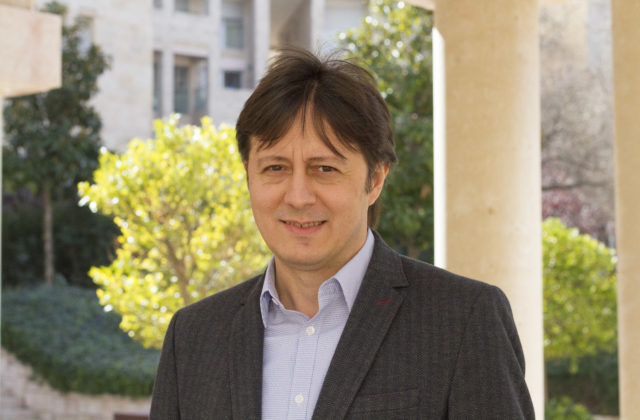Eastern Orthodoxy, Human Security and Geopolitical Ecumenism
How do religious and secular ideas circulate between religious and secular courts, monastic settlements, pilgrimage sites and educational establishments in Europe, Eurasia, North Africa and the Middle East? What types of regulatory regimes of religious-state relations advance human security, in relation to survival, tolerance, transitory environments and resettlement? In which ways do religion and human security reconcile International Relations Theories?
Project Description
Eastern Orthodoxy, a fellowship of fourteen churches mainly situated in Eastern Europe, Eurasia, North Africa and the Middle East, advances a close link between religion and political power which follows geopolitical interests as reflected in the post-1992 breakup of Yugoslavia, the post-2011 Syrian crisis and the 2014 Russian takeover of Crimea. The project focuses on three areas: 1) the circulation of ideas on human security between religious and secular courts, monastic settlements, pilgrimage sites and educational establishments; 2) religious strategies in relation to violence, tolerance, transitory environments and resettlement; and 3) Orthodox mobilisation towards geopolitical ecumenism, populism and transnational religious alliances on security. The project advances a novel analysis aiming to reconcile International Society and Constructivist approaches in International Relations Theory.
Selected Publications
Lucian Leustean, The Ecumenical Movement and the Making of the European Community, Oxford University Press, 2014, 305pp
Lucian Leustean, Orthodoxy and the Cold War. Religion and Political Power in Romania, 1947-65, Palgrave, 2008, 273pp
Lucian Leustean (ed.), Eastern Christianity and Politics in the Twenty-First Century,
Routledge, 2014 (paperback 2017), 865pp
